Vulcan Launch Delayed for Modifications
The launch of the United Launch Alliance (ULA) Vulcan Centaur rocket has been delayed by the company to make modifications that will improve the rocket’s design. The rocket was originally scheduled to launch later this year, but the modifications will take longer than anticipated and there is no new launch date for the program at this time. The ULA has said that it is committed to an aggressive launch schedule that will support national security and commercial customers, even in light of this delay.
What is the Vulcan Centaur rocket?
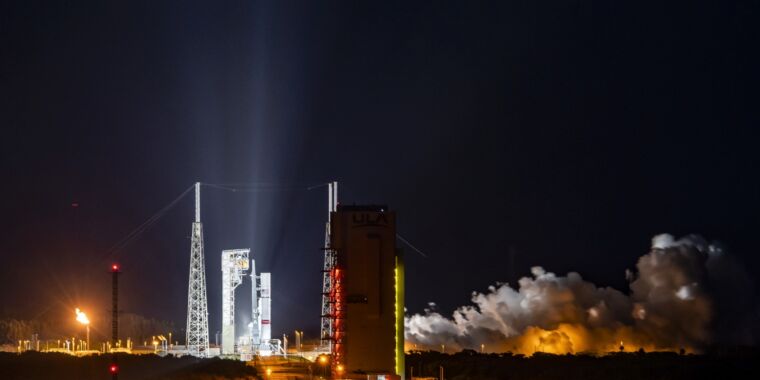
The Vulcan Centaur rocket is a two-stage rocket that was developed by ULA to provide reliable and cost-effective access to space for the U.S. government and commercial customers. It is capable of delivering payloads of up to 56,000 pounds to low Earth orbit (LEO). The rocket features state-of-the-art technology, including a new engine developed by Blue Origin, a new upper stage, and a streamlined manufacturing process.
Why are modifications needed?
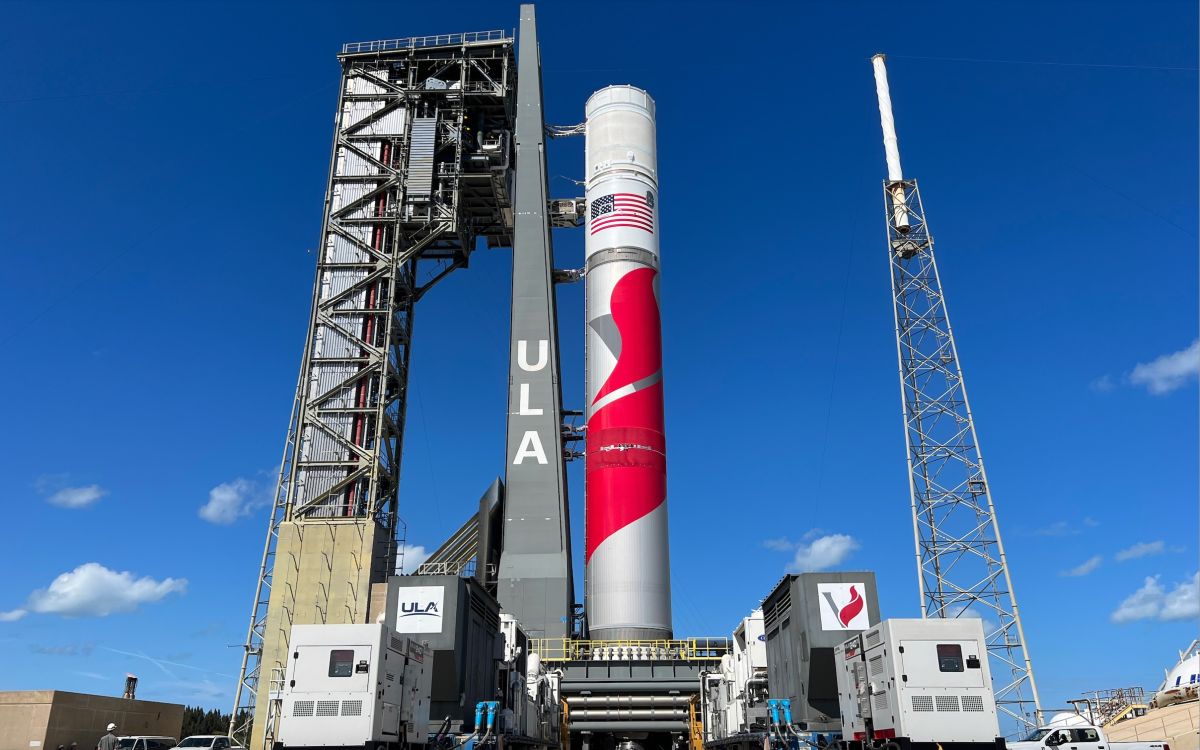
The modifications needed for the Vulcan Centaur rocket are intended to improve its design and reliability. The ULA identified the need for modifications during the rocket’s development process and is now taking the time to make these changes to ensure the rocket can meet the high standards required for both national security and commercial launches. The modifications will also allow the ULA to take advantage of the latest advances in technology and improve the rocket’s performance.
What is the impact of the delay?
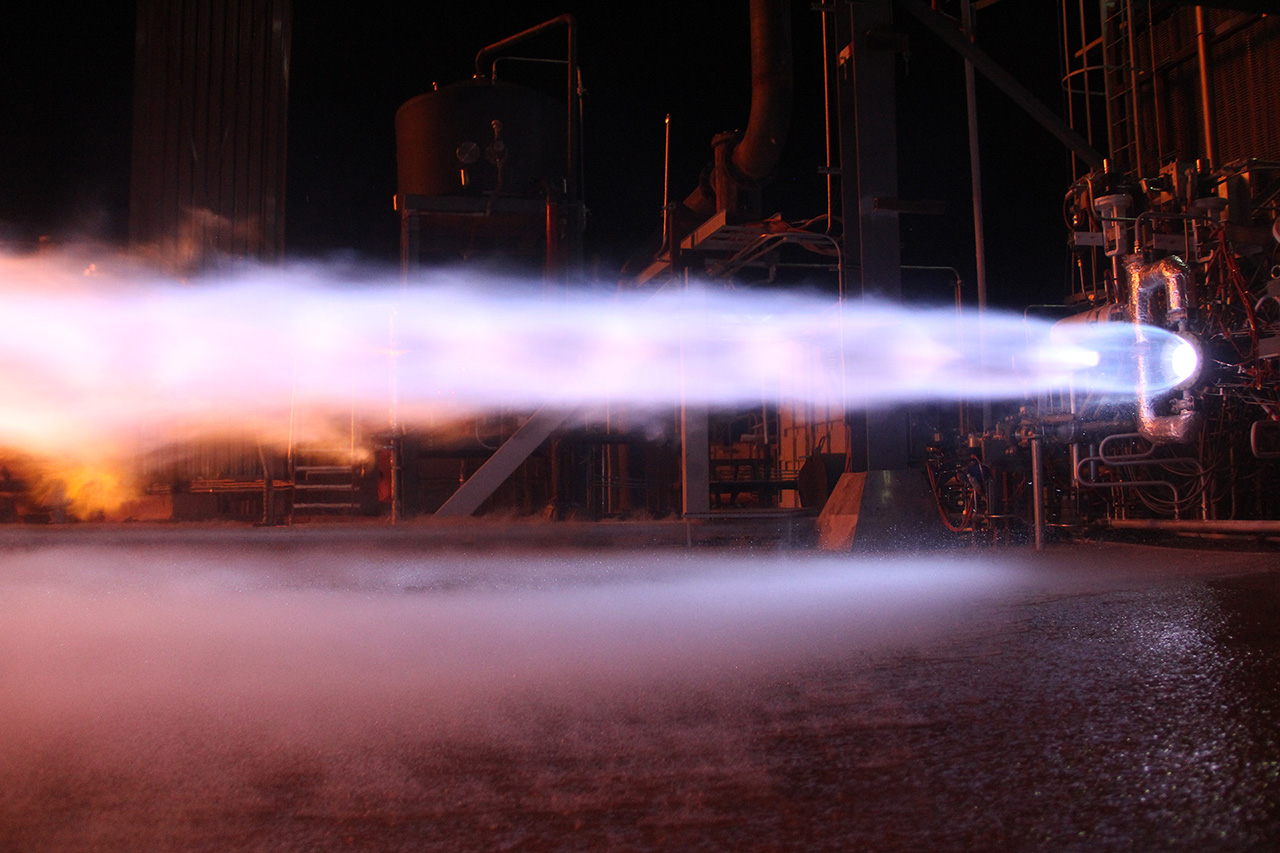
The delay of the Vulcan Centaur rocket’s launch will have an impact on the ULA’s launch schedule, as well as on its customers. The ULA has not yet announced a new launch date for the program, but has indicated that it is committed to an aggressive launch schedule that will continue to support national security and commercial customers. The delay will also allow the ULA to take the time it needs to make the necessary modifications to the rocket and ensure that it is as reliable as possible.
What does this mean for the future of ULA?
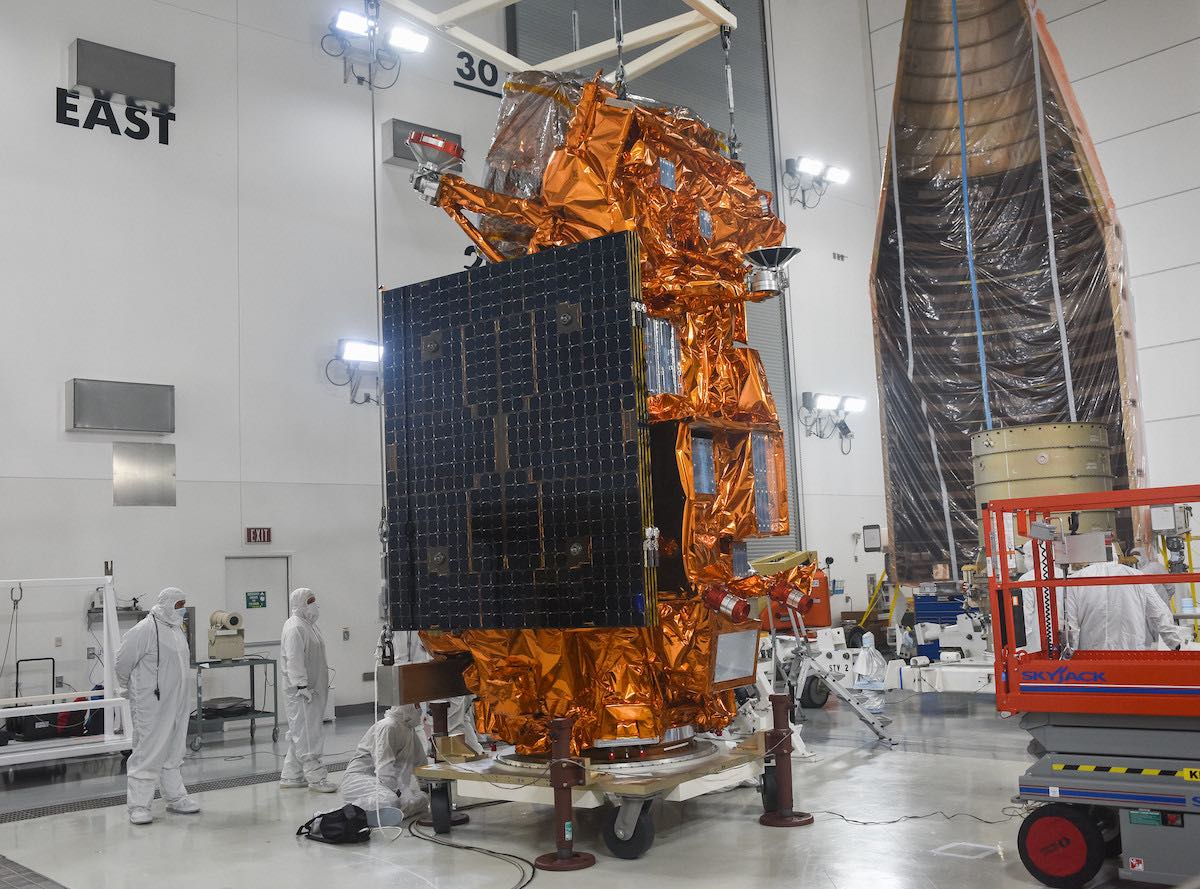
The delay of the Vulcan Centaur rocket launch is not expected to have a significant impact on the future of ULA. The company remains committed to providing reliable and cost-effective access to space for its customers, and the modifications to the Vulcan Centaur rocket are intended to further this goal. The delay may also allow the ULA to take advantage of the latest technological advances and improve the rocket’s performance, which could make it even more competitive in the future.
Conclusion

The delay of the Vulcan Centaur rocket launch is an important reminder of the challenges involved in developing and launching rockets. The ULA is taking the necessary steps to ensure that the rocket’s design meets the high standards required for national security and commercial launches. The delay will allow the ULA to take advantage of the latest advances in technology and improve the rocket’s performance, which will ultimately benefit its customers.
FAQ
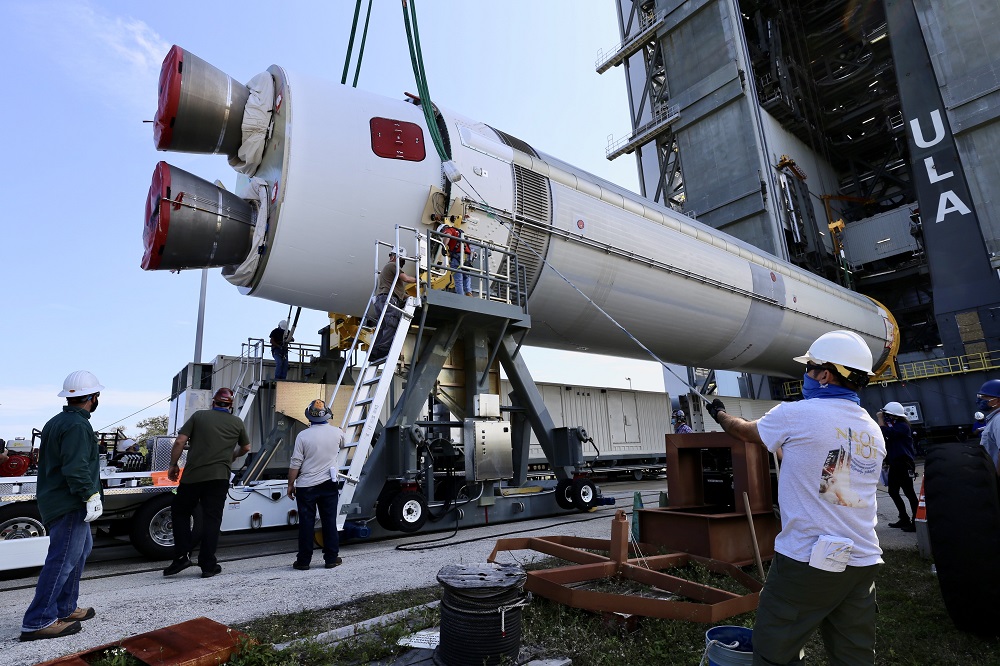
What is ULA?
ULA stands for United Launch Alliance. The company is a joint venture between Lockheed Martin Space Systems and Boeing Defense, Space & Security.
What other rockets does ULA offer?
ULA offers the Atlas V and Delta IV rockets in addition to the Vulcan Centaur rocket.
When was the Vulcan Centaur rocket first announced?
The Vulcan Centaur rocket was first announced in 2015.
What is the purpose of the Vulcan Centaur rocket?
The Vulcan Centaur rocket is intended to provide reliable and cost-effective access to space for both national security and commercial customers.
Who are some of the customers that the ULA serves?
The ULA serves both the U.S. government and commercial customers, including NASA and the Department of Defense.

